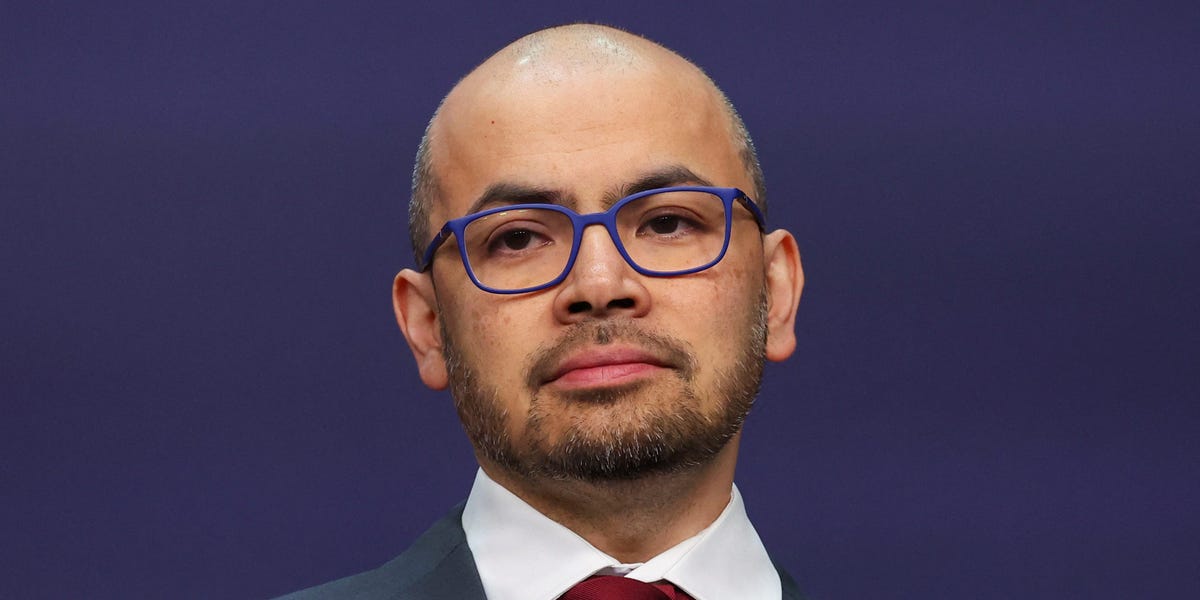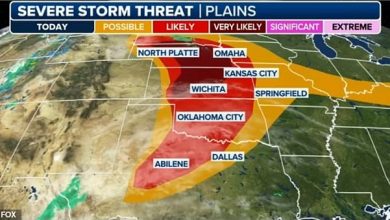Google DeepMind CEO Thinks Matching OpenAI’s Sora Is Tough: Report

- Google CEO DeepMind may think OpenAI’s text-to-video generator, Sora, has an advantage.
- Demis Hassabis told a colleague that it would be difficult for Google to match Sora, The Information reported.
- His comments come as big tech companies face off in a race to use AI to create competing products.
Demis Hassabis may think OpenAI’s text-to-video generator is more advanced than the one his own company created.
According to The Information, Google CEO DeepMind recently told a colleague that it might be difficult for Google to match OpenAI’s Sora.
Sora can generate videos up to a minute long that can consist of “complex scenes with multiple characters,” OpenAI said during its unveiling. Demos of the Sora-generated videos went viral in February and seemed to impress many people.
Google has its own text-to-video generator, Lumiere, which it revealed in a research paper in January. It can generate five-second clips with a text prompt.
The company, which recently released its experimental AI model Gemini 1.5, said in the research paper that creating tools that can detect “bias and malicious use cases” is crucial to ensuring its security .
That’s because there is a “risk of misuse to create false or harmful content” with Lumiere, and it faced such an issue with Gemini’s image generator in February. Google suspended the rollout of its image generator after producing images of people of color in historically inaccurate contexts.
Hassabis’ take on Lumiere versus Sora comes as major tech companies continue in an AI race with competing products. But to achieve victory, they must obtain a significant amount of data to power their systems and advance technology.
OpenAI Chief Technology Officer Mira Murati told the Wall Street Journal last month that she didn’t know if Sora was trained on YouTube videos.
YouTube CEO Neal Mohan then told Bloomberg last week that he didn’t know whether OpenAI used YouTube content to train its video generator. He added that this would constitute a “blatant violation” of the platform’s terms of use.
The New York Times reported last week that OpenAI used YouTube videos to improve its speech recognition tool Whisper, citing unnamed sources.
According to the report, OpenAI has transcribed over a million hours of YouTube videos and the transcribed text has been integrated into its GPT-4 model.
Google also used YouTube to transcribe videos and train its AI models, the Times reported. This may infringe on the copyrights held by the content creators.
Google DeepMind and OpenAI did not immediately respond to Business Insider’s requests for comment, made outside of normal business hours.
businessinsider




